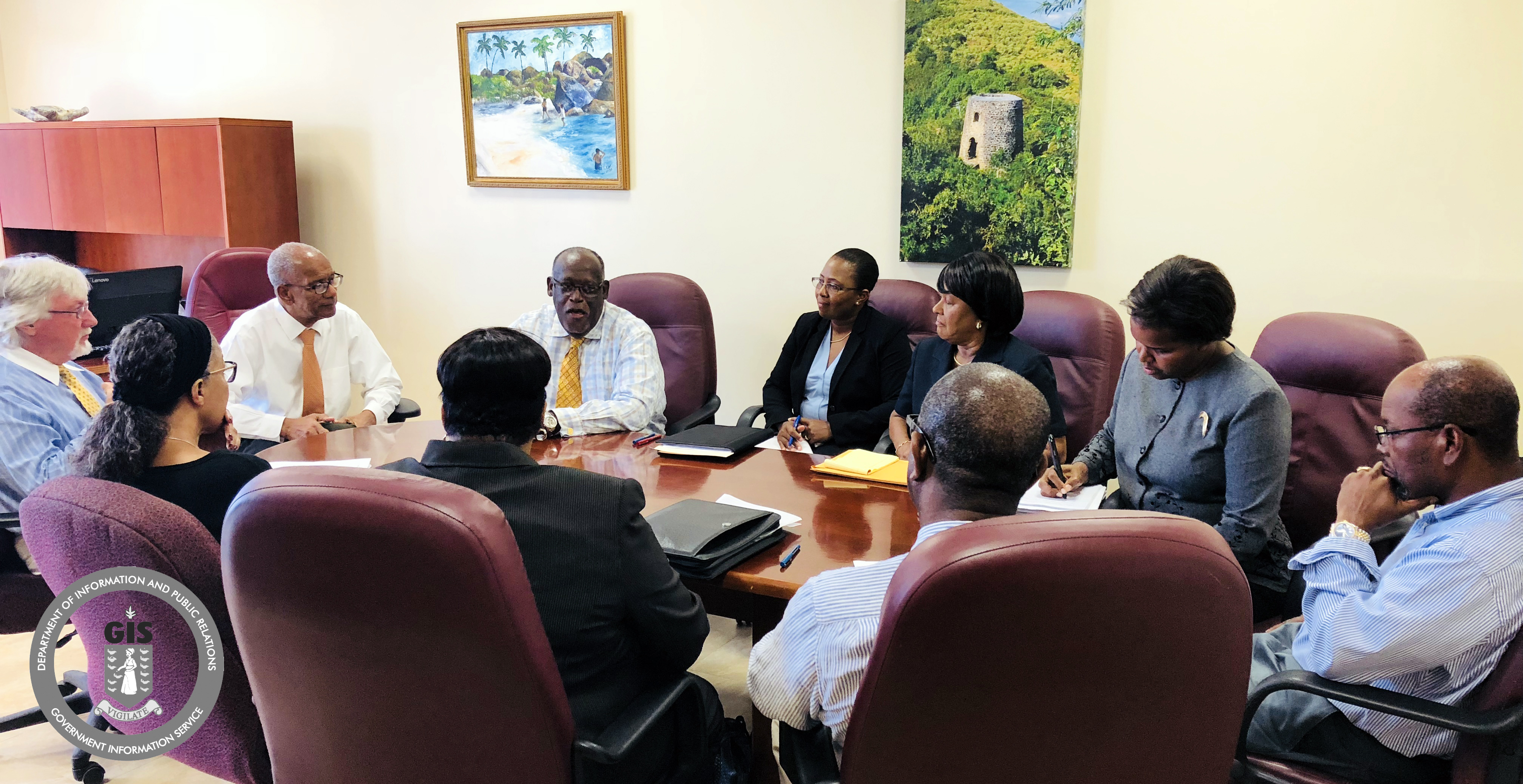LONDON — Britain has incurred the wrath of several of its overseas territories by backing measures to force them to publish unprecedented levels of information about who owns the companies based in their jurisdictions by 2020.
Territories including the Cayman Islands and the British Virgin Islands fear that the new transparency measures could undermine their positions as leading offshore financial centers.
But the British politicians who pushed the new disclosure rules through the House of Commons on Tuesday insisted that having publicly available registers of beneficial owners of companies based in the territories will help stamp out money laundering, tax evasion and terrorist financing.
Why do individuals and companies set up entities in UK overseas territories?
Some UK overseas territories, notably those in the Caribbean, have long attracted wealthy individuals and companies because of their low or zero-tax regimes, light-touch regulation and links to the trusted British legal system.
High levels of privacy have been a significant draw, said Simon Airey, partner at Paul Hastings, a law firm. “Plenty of people live in countries where they are subject to blackmail, extortion and kidnap risk,” he added. “Some people legitimately don’t want their finances public.”
But there are widespread concerns that the lack of transparency around company ownership in UK overseas territories has also enabled illicit financiers to take advantage of the situation.
How much illicit business is running through the overseas territories?
The UK National Crime Agency estimates that $122 billion of criminal money is laundered through Britain each year. Andrew Mitchell, a Conservative MP and former minister who championed the new transparency measures, said the UK overseas territories “are central to this nefarious activity.”
A huge leak of documents from a Panamanian law firm in 2016 highlighted the use by the rich and powerful of offshore centers, and their role in facilitating tax evasion and money laundering.
Are these UK measures a genuine economic threat to the overseas territories?
Several territories argued that the transparency initiative will prove severely damaging. The government of the BVI said that with the islands “still reeling from the impact of Hurricanes Irma and Maria [in 2017] . . . this would be a case of kicking us while we are down.”
The concern is that individuals and companies who have established entities in UK overseas territories for legitimate reasons, such as the privacy benefits, will move their money elsewhere.
Recommended Letter: Move on overseas registers shows British weakness Campaigners, lawyers and politicians acknowledged that illicit financiers could shift their money: Belize, the Cook Islands, the Marshall Islands and Nauru are some of the offshore centers that could potentially benefit from the UK measures.
But there are significant practical, legal and commercial hurdles to redomiciling companies, plus the risk that any new locations for these entities may introduce tough transparency rules of their own in the future.
“We will see . . . money on the move, some will be black, some will be grey, and some will be white,” Airey said. “There will be a shake-up but I wouldn’t be too worried about the overseas territories. It won’t be a massive exodus.”
What are the potential loopholes in the new transparency rules?
Companies registered in UK overseas territories could claim to have no beneficial owner — for example, because no single shareholder owns more than 25 per cent of the company. This is the threshold used by the UK’s companies register.
Companies could also submit false information, particularly if the registers about their beneficial owners are not independently verified. Only one person has been prosecuted for submitting false information to Companies House, the UK companies register — and he was a campaigner trying to raise awareness about flaws in the system.
Global Witness, the campaign group, said a bigger risk was that UK overseas territories make their registers difficult to access, with high fees for each request. By contrast, the UK companies register is free to access.
Could the overseas territories break away from the UK?
There were strong words from some Caribbean territories in response to the UK transparency initiative. The BVI premier said the move “calls into question our very relationship with the UK”, while his counterpart in the Cayman Islands said it was “a gross affront to the constitutional relationship we currently have with the United Kingdom.”
But neither leader talked explicitly about breaking away, which would jeopardize the financial and diplomatic support provided by the UK. Orlando Smith, the BVI premier, stressed that his concern was that “this constitutional over-reach does not set a precedent.”
Short of breaking away, UK overseas territories could launch legal challenges to the British initiative, although Mr Mitchell said this was unlikely to be successful. “Parliament has spoken,” he said. “They have to do this by 2020. It will be a waste of their money [to challenge this in the courts], but they can try.”
(LONDON FINANCIAL TIMES)
To read more:
https://www.ft.com/content/9aca32e2-4ec0-11e8-a7a9-37318e776bab


